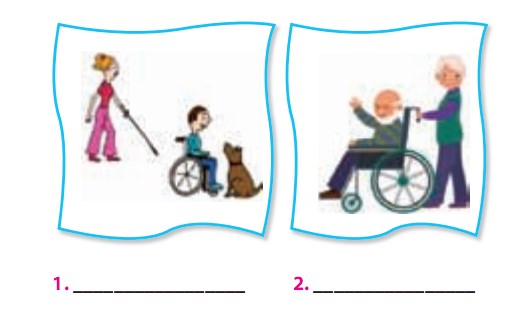Với bài tập đọc True – False tiếng Anh lớp 8 unit 4 sau đây sẽ giúp các em học sinh học chương trình SGK thí điểm hiệu quả nhất. Cùng tìm hiểu bài tập tiếng Anh này ngay sau đây nhé!
- Bài tập review đọc và trả lời câu hỏi tiếng Anh lớp 8 unit 1, 2, 3
- Bài tập True – False review tiếng Anh lớp 8 unit 1, 2, 3
- Bài tập trắc nghiệm review tiếng Anh lớp 8 unit 1, 2, 3
Bài tập đọc True – False tiếng Anh lớp 8 unit 4

Teacher: Today we’re going to learn about customs and traditions. Do you think they’re the same?
Mi: I think they’re dif erent, but it’s hard to explain how.
Nick: In my opinion, a custom is something that has become an accepted way of doing things. And a tradition is something we do that is special and is passed down through the generations.
Teacher: Yes, spot on! Give me an example of a custom.
Mai: My family has this custom of eating dinner at 7 p.m. sharp.
Teacher: Really?
Mai: Yes, we have to be at the dinner table on time.
Teacher: That’s interesting! How about a tradition,
Phong?
Phong: We have a family tradition of visiting the pagoda on the i rst day of every lunar month
Nick: You’re kidding!
Phong: No, no. We’ve followed this tradition for generations.
Teacher: You’ve mentioned family, but what about social customs and traditions, Nick?
Nick: Well, in the UK there are lots of customs for table manners. For example, we haveto use a knife and fork at dinner. Then, there’s a British tradition of having afternoon tea at 4 p.m.
Teacher: Sounds lovely! Now, for homework, you should i nd information about a custom or tradition. You’re doing mini presentations next week…
Tick (9) true (T) or false (F).
| True (T) | False (F) | |
| 1. Nick’s explanation of customs andtraditions is correct. 2. Only families have customs andtraditions. 3. In the UK there’s a tradition of havingafternoon tea. 4. In the UK there is no accepted way ofbehaving at the dinner table. |
Đáp án:
- T
- F (There are also social ones.)
- T
- F (There are a lot of customs for table manners in the UK.)


